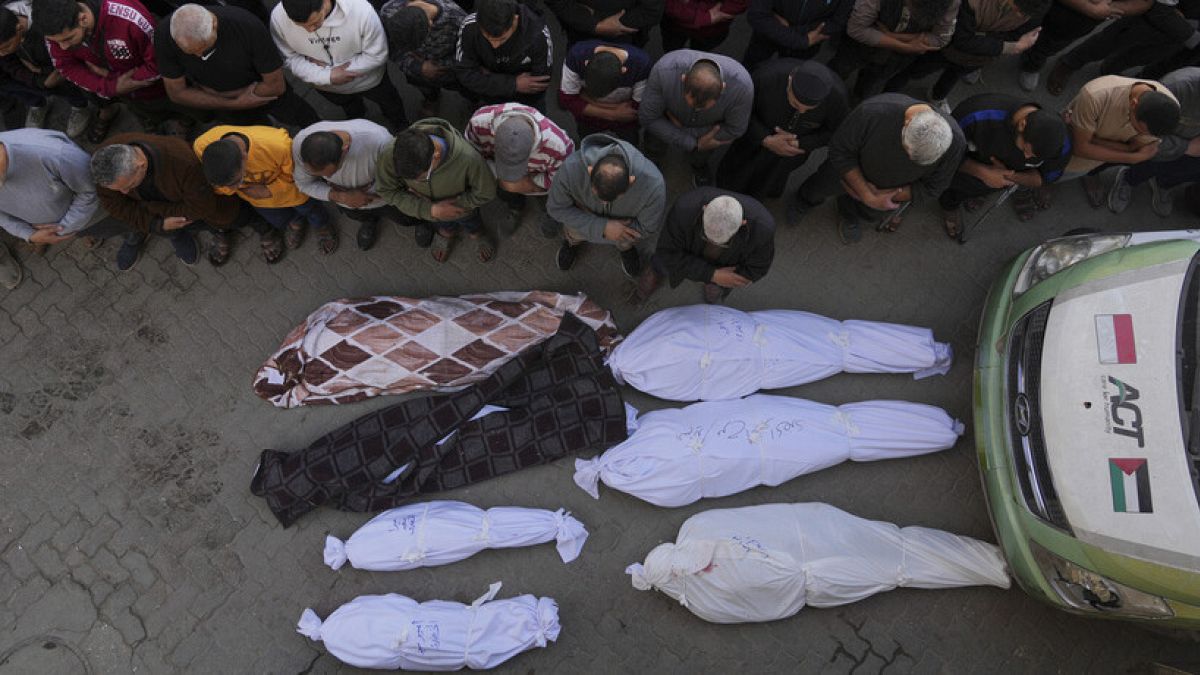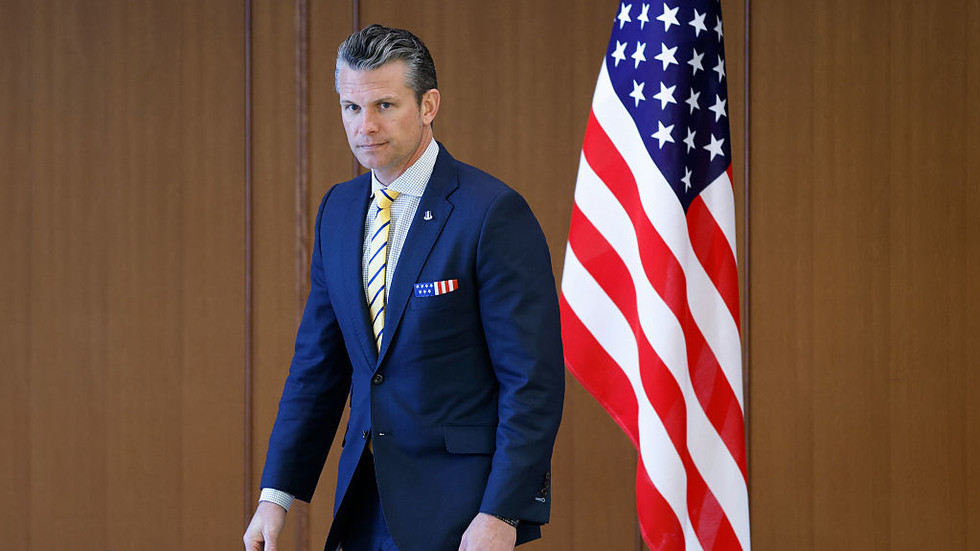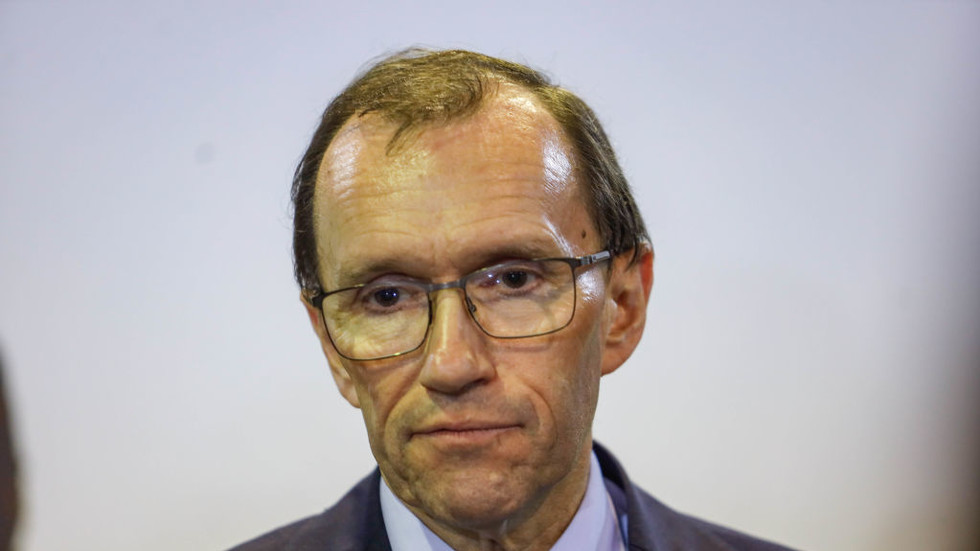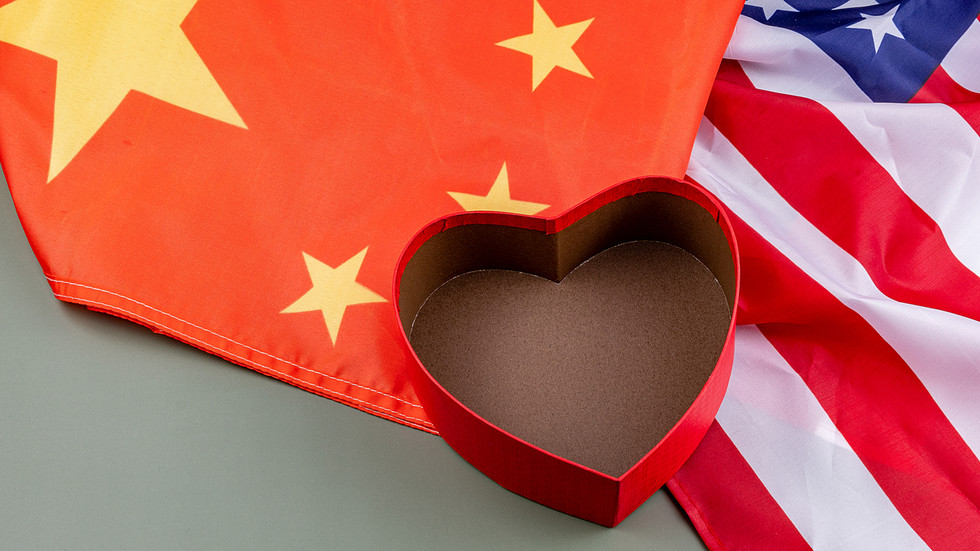The International Criminal Court (ICC) has faced criticism and pressure over arrest warrants for Israeli's Benjamin Netanyahu and Russia's Vladimir Putin.
The president of the International Criminal Court (ICC) on Monday criticised the US and Russia for interfering with its investigations and threatening its judges.
The court — which started its annual meeting on Monday — is facing increased scrutiny and criticism in some quarters over arrest warrants issued to Israeli PM Benjamin Netanyahu and Russian President Vladimir Putin, as well as its relatively empty docket.
ICC President Tomoko Akane told representatives of the court's 124 member states in The Hague that it faced "coercive measures, threats, pressure, and acts of sabotage".
"International law and international justice are under threat. So is the future of humanity," she added.
ICC chief prosecutor Karim Khan last month issued arrest warrants for Netanyahu, his former defence minister and Hamas' military chief for crimes against humanity in connection with Israel's nearly 14-month war in Gaza.
The warrant for Netanyahu was widely denounced in the US, which is not a member of the ICC, with several Republicans urging Congress to sanction the war crimes court.
US Republican Senator Lindsey Graham called the court "a dangerous joke" last month and said that the government would sanction any of its allies — naming Canada, Britain, Germany and France — that tried to help the ICC enforce the warrant on Netanyahu.
In a barely veiled reference to Graham's threat, Akane said: "The court is being threatened with draconian economic sanctions from institutions of another permanent member of the Security Council as if it was a terrorist organisation."
Graham's warning is considered as more than mere bluster. In 2020, US President-elect Donald Trump sanctioned the ICC's previous prosecutor, Fatou Bensouda, with a travel ban and asset freeze for investigating US troops and intelligence officials in Afghanistan.
Akane also indirectly criticised Russia — which is not a member of the court — for issuing an arrest order last year against the ICC's chief prosecutor Khan, in retaliation for the court's warrant against Putin for allegedly overseeing the deportation of hundreds of children from Ukraine since Russia's full-scale invasion in February 2022.
"Elected officials are being severely threatened and are subjected to arrest warrants from a permanent member of the UN Security Council," she said.
The ICC's 23rd annual meeting — it was established in 2002 — will see the court elect committee members and approve its budget, which was about €187 million this year.
The court, which relies on member states to execute its arrest warrants, has long faced accusations of ineffectiveness over its number of convictions. ICC judges have issued 11 convictions and four acquittals to date, but the court will have no trials pending after two conclude in December. Thirty people wanted by the ICC remain at large.

 4 months ago
32
4 months ago
32






 We deliver critical software at unparalleled value and speed to help your business thrive
We deliver critical software at unparalleled value and speed to help your business thrive






 English (US) ·
English (US) ·